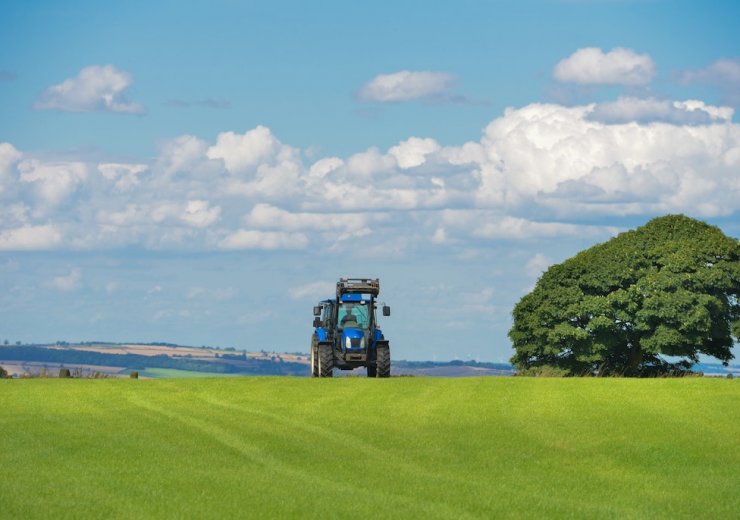
Food and farming fundamentally affect our lives. Around 70% of all the UK’s land is farmed in some way, and farming is responsible for 10% of our greenhouse gas emissions. What we eat and how we grow it impact our health and the environment. Overweight and malnutrition are obvious impacts, and so is how the landscape looks. High levels of poverty among agricultural workers is a less obvious but very real impact, as are polluted waterways and land, and biodiversity loss (e.g. declining numbers of pollinating insects).
As well as government policies that directly address food and farming issues, there are other policies that affect what we eat and how we produce it. Welfare is one area that people might not associate with food and farming. However, providing an adequate safety net for those who can’t work, and enforcing a living wage for low earners are key to making sure that everyone can eat healthily.
Another area that’s important for food and farming is trade policy. Making sure that the food we import into the UK meets high environmental, animal welfare and human health standards allows our farmers to compete on a level playing field and supports sustainable production and consumption of food.
One idea gaining public and government support is ‘public money for public goods,’ where farmers are paid for protecting or enhancing the environment, rather than receiving subsidies based on the size of their farm.

Campaigners argue that public money for public goods should go further than environmental goods and services. Farmers could also be paid for supporting healthy lifestyles and diets, paying agricultural workers a decent wage, growing food with higher nutritional levels, and reducing levels of antibiotics fed to farm animals.
To deliver these wider public goods, the government must ensure that food and farming policies are joined-up. Government departments responsible for health, trade, welfare, farming, education, the environment (and local communities, policing and business to name just a few more) need to understand how their policies impact on food and farming and make sure they support sustainable food production and consumption.
70% of the UK’s land is farmed in some way

Leaving the EU - an opportunity to set food, farming and land use on a different trajectory?

The government must be unqualified in its support for the UK’s food supply chain.

New farm policy has the potential to provide a healthy, fulfilled and sustainable future.